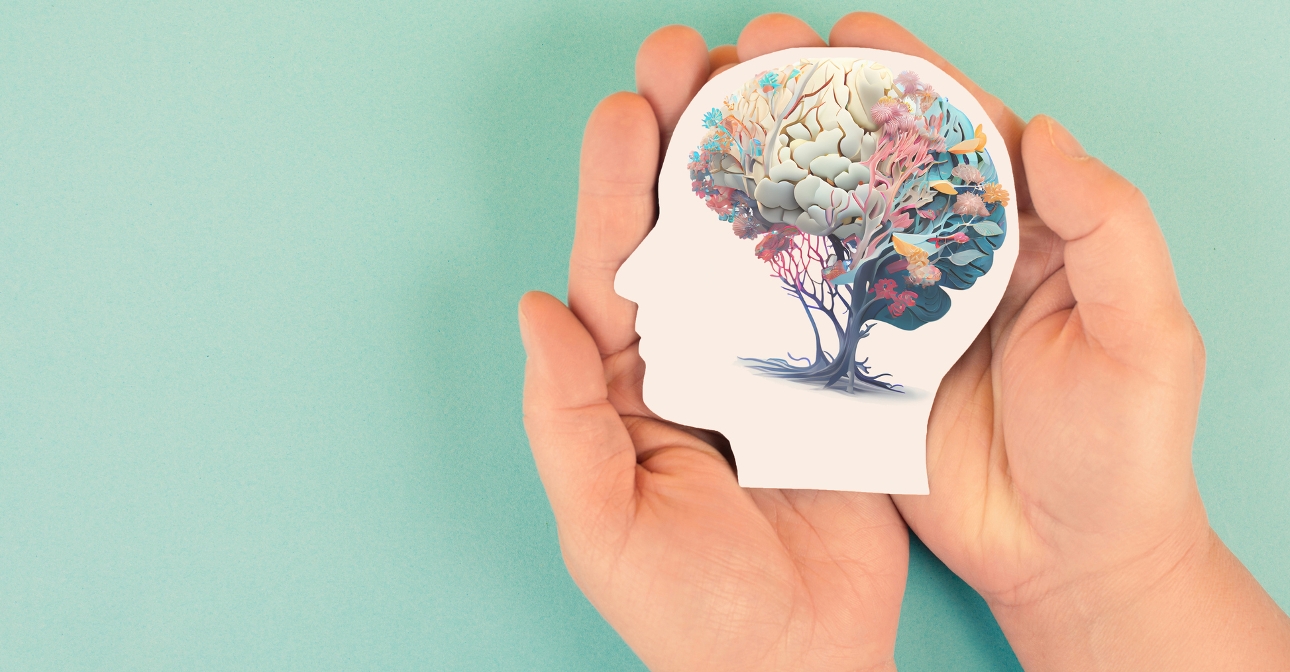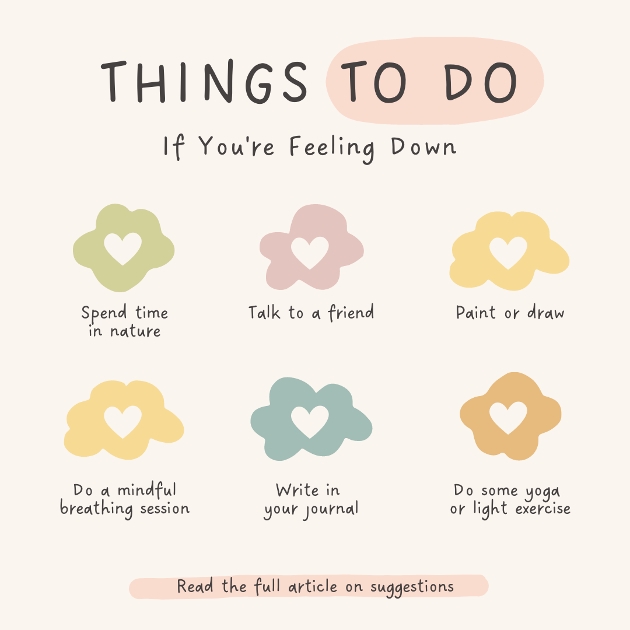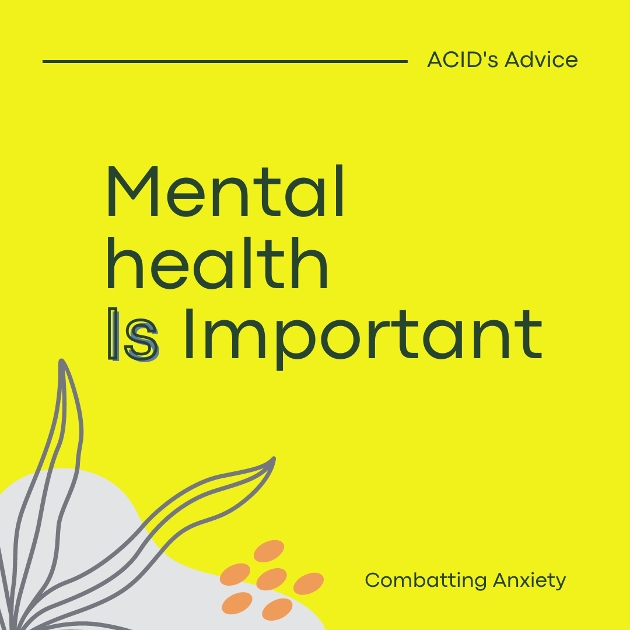
Research has shown creative pursuits to lessen the stress and anxiety felt by trauma experiences, PTSD, and depression. Writing or painting, especially, can give your subconscious an outlet to express emotions which are difficult to speak about. Being immersed in creative activities allows your mind to go into 'the fl ow', it focuses your thoughts, allows mindfulness, relaxes you, and can even be euphoric, along with a feeling of accomplishment.
Here at ACID, we are extremely aware of the mental stressors and effects copying can have. We talked about it recently in our latest ACID Magazine,issue 76, where we highlighted ACID member Sally Burrows. If you are suffering from the mental strain and anxiety due to being copied or not sure where to go to protect your designs and investment, please do not suffer in silence. Reach out to us to talk. Seek legal advice from our dedicated teams of legal affiliates. Or let us know your stories so we can highlight your struggles to keep the dialogue open. ACID does not only act as support for your designs, but we are a community of like-minded artists and designers who believe in the importance and integrity of original design.
When you feel low, or overwhelming feelings of anxiety, take time for self-care, pick up a paintbrush, a pen, or create a tune. Have fun allowing the creative movement to fl ow through you. Show people your creations and start some dialogue, gratefully receive some kind words. Get talking to a community, be it friends, family, or online. Check if other people are ok. Everyone has their moments of struggle and most importantly be kind to each other.
This year's Mental Health Week, the Mental Health Foundation focused on anxiety. Anxiety is a natural process in mind and body that react to threats or dangers, fight or flight are often terms to describe this. Within the ever-increasing demands of today's challenges, our minds can be troubled by life pressures which can include a gamut of feelings such as having to cope with grief or loss, relationship problems, money issues, health issues and self-esteem. Anxiety affects us all in different ways; sleepless nights, nervousness in certain situations, fear of engaging with society, or even panic attacks, a familiar physical manifestation of anxiety. The Mental Health Foundation has some evidence-based techniques that can be deployed to help cope with anxiety, including the following:
Breathing - Concentrating on taking calming deep breaths to steady your thoughts and any physical reactions. Deep, controlled, and mindful breathing allows lots of oxygen into your system, slows down your reactive thoughts, and can become more of a meditation to draw attention away from your point of anxiety.
Get Moving - Exercise, no matter how heavy or light can make you feel better. It kickstarts endorphins which can take your mind away from the focus of your anxiety.
Why not keep a diary? - Keeping a diary allows you to spill out all your worries and creates an outlet to express yourself openly. It can also be a way of identifying your own trigger points. Sometimes we don't even know what's creating an anxious reaction, so writing out your thoughts and feeling can uncover aspects of your subconscious.
Challenge your thoughts - Slow down and try not to go into overthinking mode. Challenging negative thoughts can sometime focus one's mind on whether your points of rumination are realistic or not.
Get support for money worries - With rising costs, money worries are an increasingly frequent reason for anxiety to build up. Overwhelming as it may seem, support is available. Find out if there are repayment schemes, grants, or any organisations which can help you with a plan of action such as Citizens Advice Bureau or StepChange.
Spend time in nature - A walk in a park, spend some time tending a garden, or an amble in the woods. Nature is known to calm and have positive impacts on mental health. It is also an opportunity to try breathing techniques.
Connect with people - Often anxiety comes hand in hand with loneliness. Talking to others can show you you're not alone. You can find support from speaking to others with tips and tricks to cope with your own anxiety. Or it may just be about spending time with people to take your mind off your triggers of anxiety. Being part of a community activity can often make you feel more connected. Sleep and rest - Having enough sleep and rest is paramount to having a healthy mind and outlook. Deep breathing before sleep can often help to clear a busy mind.
Healthy diet - Try to keep a healthy diet and food routine. Having a healthy diet can regulate your blood sugar which gives you the energy, strength, and clarity to deal with difficult situations. Similarly, eating at odd times or leaving too long between meals can lower your blood sugar level, meaning it's much more diffcult to stay level-headed and physically strong to cope with stressors you may have.
To find out more, visit www.acid.uk.com

